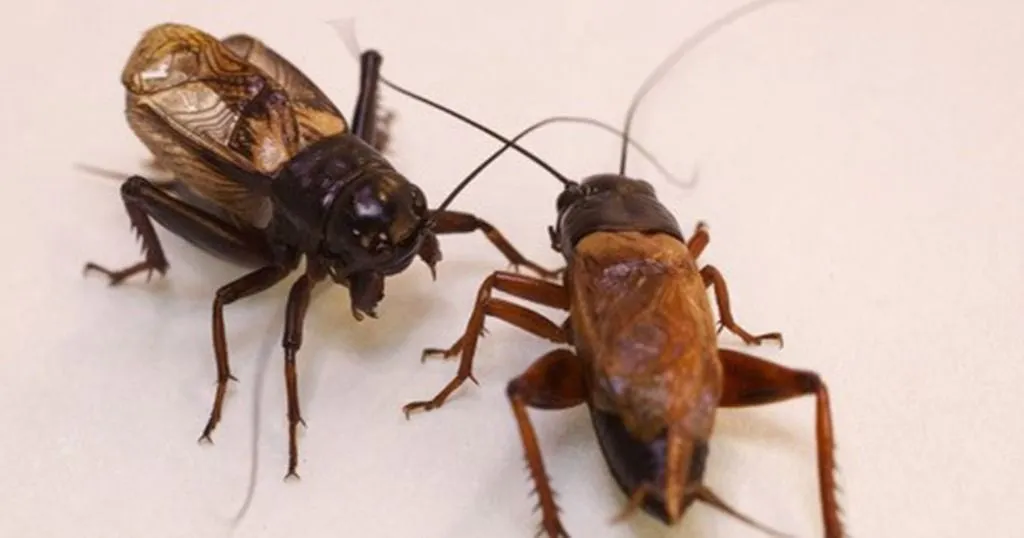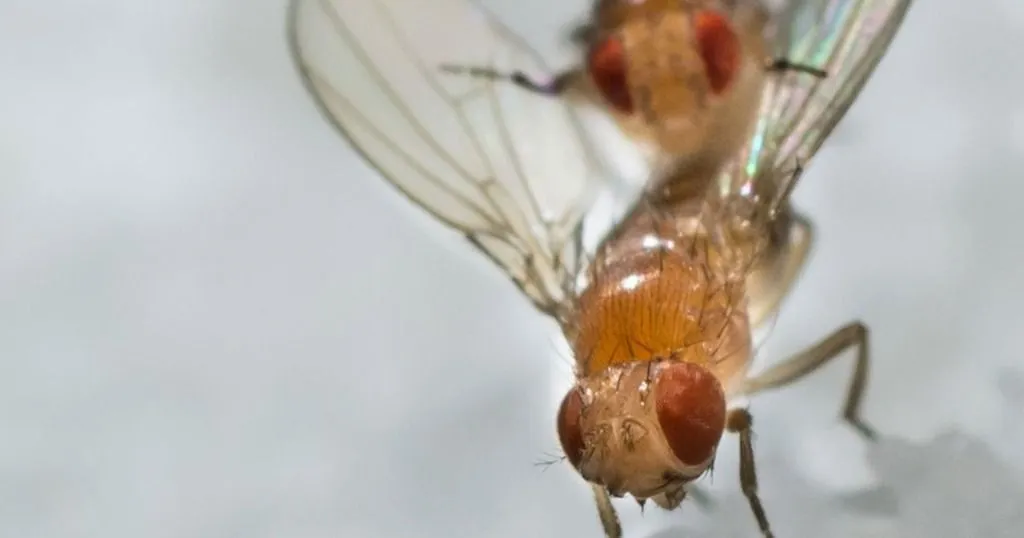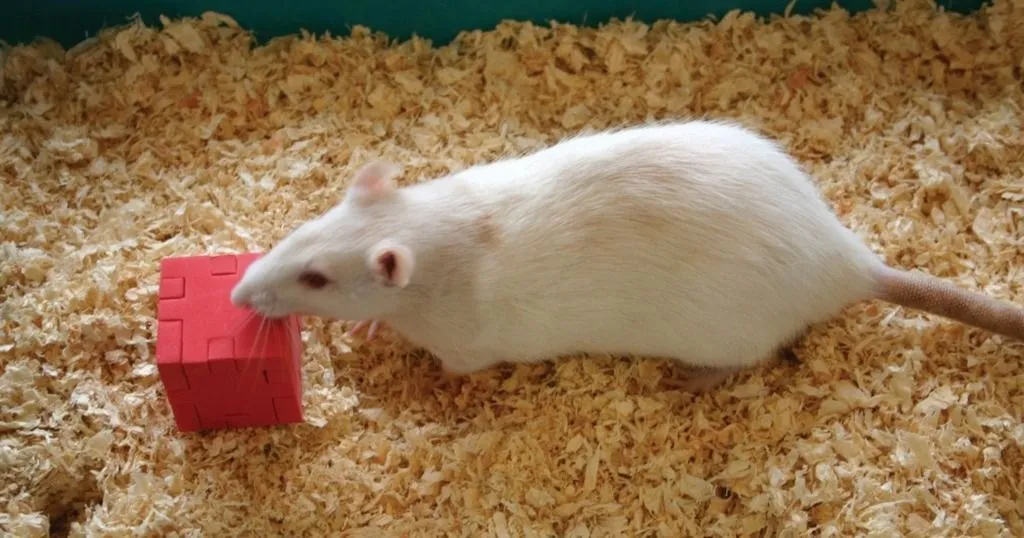Dynamic winners and sluggish losers
We all know the phenomenon: some have it all. Look around a classroom and you see immediately who gets all the attention and who doesn’t, who are “winners”, and who are “losers”. Are we born this way, or do we learn it?
Posted by
Published on
Fri 03 Mar. 2017
Topics
| EthoVision XT | Insects | Video Tracking |

Born this way?
We all know the phenomenon: some have it all. Look around a classroom and you see immediately who gets all the attention and who doesn’t, who are “winners”, and who are “losers”. Are we born this way, or do we learn it?
Winning and losing in crickets
Winners and losers do not only occur amongst humans, but are also apparent in animals. In crickets, for example, males fight with each other and research shows that winners of a fight remain winners, and losers stay losers [1]. Jacqueline Rose and colleagues [2] wanted to know whether this is a matter of experience, or are male crickets born as winners or losers?
Selecting winners and losers
Based on two observed fights with other males, the authors selected individual cricket males. Those males that won both fights were classified as winners, while males that lost both fights were classified as losers. There were few males that won only once.
Analyzing cricket behavior with videotracking
The authors assessed locomotor behavior of the winners and losers in an arena both before and after the two fights took place. The arena bordered a compartment that contained four other male crickets. The male in the arena could see and smell these other crickets, but not directly interact with them. Locomotor behavior of the individual crickets in the arena was analyzed with the video tracking software EthoVision XT.
Winners are dynamic, losers are sluggish
Prior to the fights, males that would turn out to be winners started walking earlier and walked more than the males that would later become losers. Additionally, the winners to be had a preference for the area close to the compartment with the other males, while the losers to be avoided that zone. This difference in activity between winners and losers became even more evident after the two fights.
Winners and losers are born this way
From these results, the authors conclude that male crickets are most likely born as either a “dynamic winner” or a “sluggish loser”. Fighting with conspecific males makes this difference even larger. The authors describe that such a correlation between locomotion and winning is also apparent in other insect species and in mammals as well. Perhaps, that is why we experience that some have it all; winners may be visibly more active than losers.
References
- Hsu, Y., Ryan, L., &Wolf, L. L. (2006). Modulation of aggressive behaviour by fighting experience: Mechanisms and contest outcomes. Biological Review, 81, 33e74. http://dx.doi.org/10.1017/S146479310500686X.
- Rose, Jacqueline, et al. (2017). Born to win or bred to lose: aggressive and submissive behavioural profiles in crickets. Animal Behaviour, 123, 441-450. http://dx.doi.org/10.1016/j.anbehav.2016.11.021
Related Posts

Should you buy EthoVision XT? Reviews from our customers

Walking in circles - the exploratory activity of Drosophila

